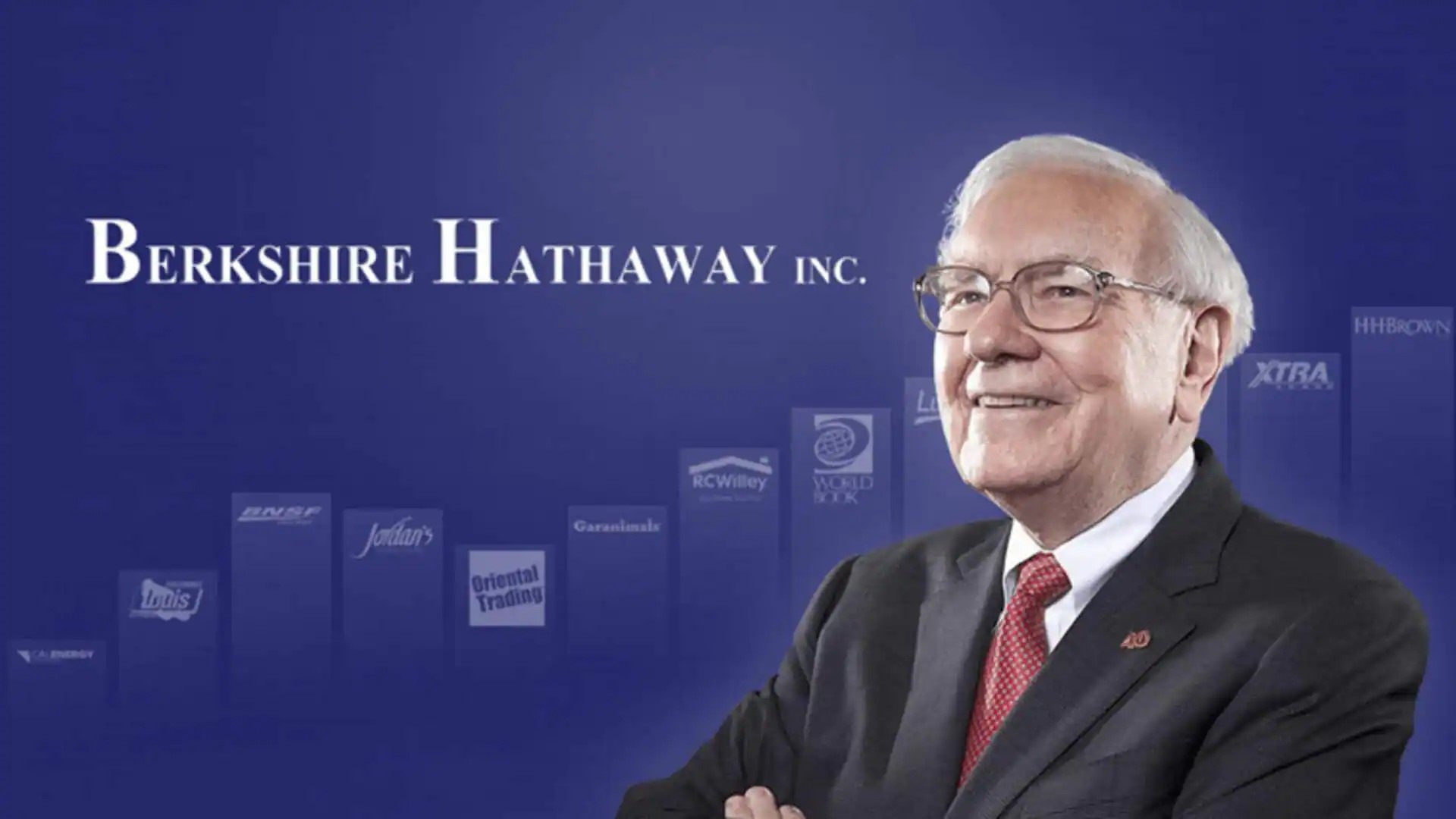In an unprecedented move, Warren Buffett’s Berkshire Hathaway has amassed a record $325.2 billion in cash during the third quarter of 2024, reflecting the conglomerate’s cautious stance in a volatile market environment. This staggering cash reserve came as Berkshire trimmed its stake in Apple by 25%, marking a major shift for a company that has long relied on substantial equity investments to drive value. At the same time, the quarter saw a 6% decline in Berkshire’s operating profit, primarily driven by increased insurance underwriting costs and foreign currency headwinds.
Berkshire’s quarterly report reveals that over the summer, the company sold approximately 100 million shares of Apple stock, reducing its holdings in the tech giant to around 300 million shares. Despite this reduction, Apple remains Berkshire’s largest single stock position, valued at nearly $69.9 billion at the end of the quarter. These sales formed part of a broader $36.1 billion divestiture of stock holdings, which included several billion dollars’ worth of Bank of America shares. While Buffett has frequently expressed his admiration for Apple’s business, the sales indicate Berkshire’s ongoing strategy to maintain tax efficiency under the current 21% federal capital gains tax rate.
In addition to scaling down its stock portfolio, Berkshire has shown a restrained approach to new investments, purchasing only $1.5 billion in stock during the quarter. This marks the eighth consecutive quarter that Berkshire has been a net seller, underscoring Buffett’s view that stocks may be overvalued in the current market climate. Further, Berkshire opted not to repurchase any of its own shares, suggesting that Buffett does not view Berkshire’s current stock price as sufficiently attractive for buybacks.
The third quarter proved challenging for Berkshire’s broad range of businesses, with operating profit declining to $10.09 billion, or about $7,019 per Class A share, from $10.76 billion a year earlier. A significant factor in the decline was the underperformance of Berkshire’s insurance division, where underwriting profit fell by 69% due to increased claims, $565 million in damages from Hurricane Helene, and unfavorable currency fluctuations due to a strong U.S. dollar. A one-time settlement related to defunct talc supplier Whittaker Clark & Daniels further contributed to losses in the segment. However, Geico, Berkshire’s car insurance arm, delivered a near doubling in underwriting profit, aided by a decrease in accident claims and a reduction in operating expenses.
Amid the challenges, Berkshire’s other segments, including BNSF Railway and Berkshire Hathaway Energy, performed well. BNSF saw an increase in profit due to higher shipments of consumer goods, while Berkshire Hathaway Energy achieved higher earnings due to reduced operating expenses. Nevertheless, the insurance division is bracing for additional losses in the fourth quarter, with pre-tax losses expected to reach up to $1.5 billion due to Hurricane Milton, which struck Florida in October.
On the income front, Berkshire recorded a dramatic increase in net income to $26.25 billion, or $18,272 per Class A share, a major turnaround from a loss of $12.77 billion, or $8,824 per share, in the prior year’s quarter. This rise in net income is largely attributed to the recovery of stock market valuations, boosting the value of Berkshire’s equity investments. However, Buffett has cautioned investors to focus on operating results rather than net income, as the latter is heavily influenced by unrealized investment gains and losses due to accounting requirements.
At 94, Buffett remains firmly in control of Berkshire, with Vice Chairman Greg Abel, age 62, standing as his designated successor. Since taking the reins in 1965, Buffett has built Berkshire into a global powerhouse based in Omaha, Nebraska, with diversified holdings spanning energy, retail, manufacturing, real estate, and insurance. Among its many subsidiaries are popular consumer brands like Dairy Queen and Fruit of the Loom, as well as a large real estate brokerage and energy utility.
Berkshire’s substantial cash reserve and Buffett’s deliberate approach to portfolio adjustments suggest a highly cautious stance as the conglomerate faces a complex economic landscape. With ample liquidity, Berkshire is well-positioned to respond to future opportunities or challenges as they arise.






